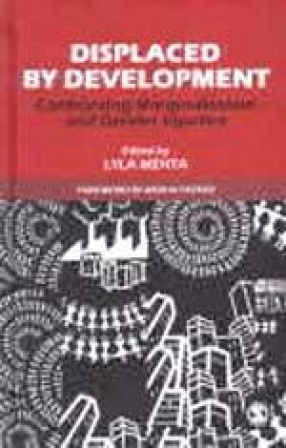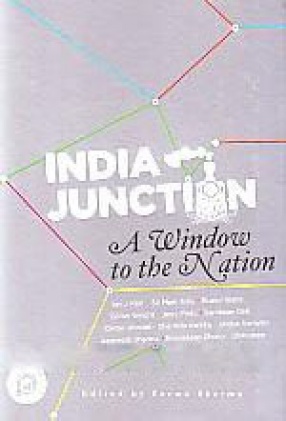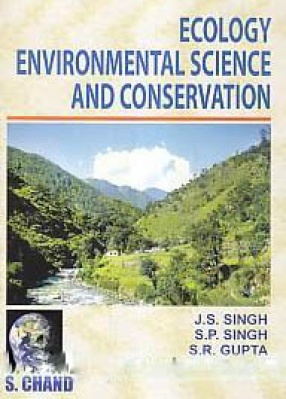Water scarcity is considered one of the most pressing problems confronting humankind in the new century. How attuned are global notions of water management to local level understandings and particularities of water scarcity? How is access to and control over water differentiated? By taking the case of water scarcity in western India, this book exposes the underlying social and power relations which usually underlie water crises. Distinguishing between the ‘lived’/’experienced’ and ‘constructed’ aspects of scarcity, the book demonstrates how notions of scarcity are manufactured through political and policy processes. State and popular discourses often portray scarcity as natural and universal. These ‘naturalised’ notions of scarcity are contrasted with local people’s knowledge system and livelihood strategies that allow them to adapt to temporary scarcities. Largely, only powerful actors benefit from the naturalization of water scarcity, and internationally controversial schemes such as the Sardar Sarovar Project are evoked as panaceas. Examining why all hopes are pinned on this ‘water wonder’, the book attempts to understand the place of water in local institutions, cosmologies, knowledge systems and cultural practices. Mehta writes evocatively through a wealth of first0hadn accounts, personal testimonies and detailed ethnographic research along with analytical reflections on scarcity and social theory. By focusing on the symbolic as well as material dimensions of resource use and the critical linkages between knowledge, power and difference inwater related practices, the book will offer fresh perspectives to academics, students, practitioners and policy-makers making sense of resource ‘crises’ and contemporary issues in environment and development.
Displaced by Development: Confronting Marginalisation and Gender Injustice
This compilation is a rare ...
$47.70
$53.00






There are no reviews yet.